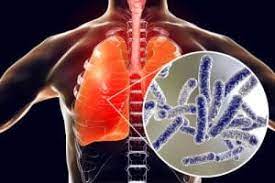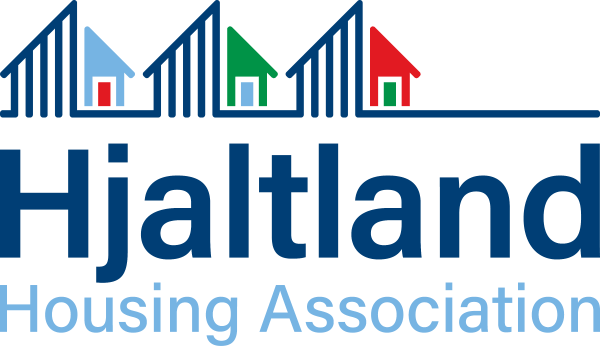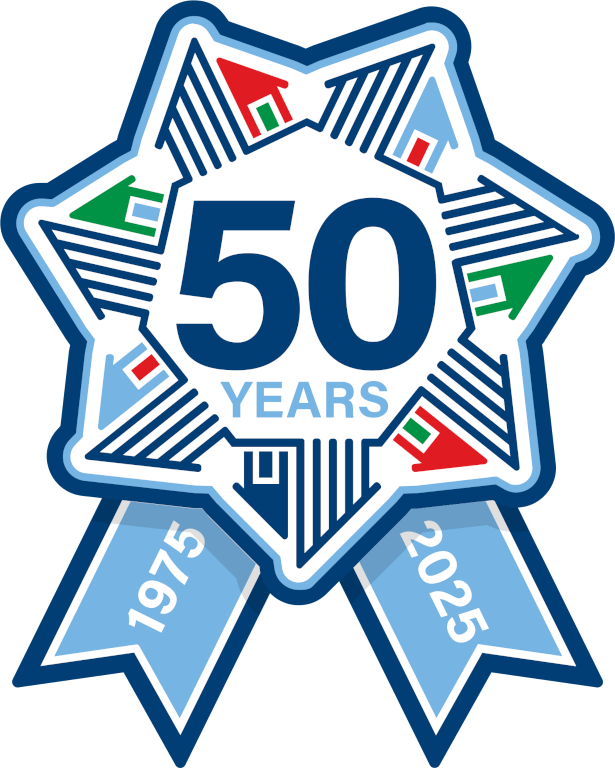The Association does not provide a gas supply or kitchen appliances with its properties. Any tenant who wishes to have a gas supply and kitchen appliance installed must request permission.
Legionella Safety in the Home
Advice and information on Legionella safety within the home.
What is Legionella?
Legionellosis is a collective term for diseases caused by legionella bacteria which can cause a pneumonia-like illness called Legionnaires’ disease as well as similar but less serious conditions.
Where does it come from?
Legionella bacteria are widespread in natural water systems, e.g. rivers and ponds. However, the conditions are rarely right for people to catch the disease from these sources. Outbreaks of the illness occur from exposure to legionella growing in purpose-built systems where water is maintained at a temperature suitable to encourage growth, usually between 20-45°C. They are killed by high temperatures at 60°C or above.
Domestic hot and cold water systems can provide an environment where legionella bacteria can grow.
How do people get it?
People contract Legionnaires’ disease by inhaling small droplets of water (aerosols), suspended in the air, containing the bacteria.
Who’s at risk?
Everyone’s susceptible to infection however some people are at higher risk including:
- People over 45 years of age
- Smokers and heaving drinkers
- People suffering from chronic respiratory or kidney disease
- Anyone with an impaired immune system.
What should I do?
Although the Association takes precautions on legionella being present in hot or cold water systems within its properties, tenants should follow these guidelines to minimise the risk of Legionnaires’ disease in their home:
Most importantly, make sure that:
- Ensure hot water is kept hot – contact the Association if your hot water system is not working
- Ensure cold water is kept cold – your home is connected to the mains water supply, with pipes and tanks insulted to ensure the temperature remains low
- The water you use is circulated – everyday use of your water systems will provide enough water movement to minimise stagnation
- Flush through showers and taps for 10 minutes following a period of non-use (i.e. after you have been on holiday or if a room is not in regular use)
- Keep all shower heads and taps clean and free from a build-up of lime scale, mould or algae growth
- Report any deposits such as rust or any unusual matter flowing from your water outlets
Carrying out these simple precautions will help reduce the risk of bacterial build up in your hot and cold water systems.
If you would like any further advice on Legionella Risk please contact the office.

